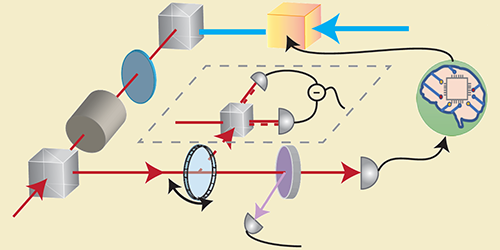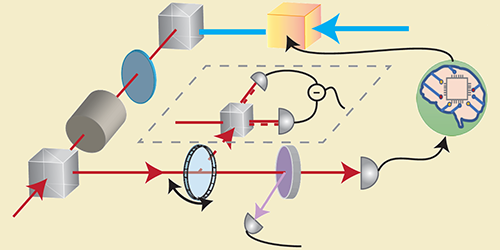October 21, 2025• Physics 18, s138
A new approach stores and retrieves quantum states with record reliability, paving the way for improved quantum information processing.
Quantum memory is crucial for both quantum communication and quantum computing. But until now, uncontrollable noise has forced quantum memories into a trade-off between limited efficiency (the fraction of input states successfully retrieved) and limited fidelity (the similarity between retrieved states and input states). Jinxian Guo at Shanghai Jiao Tong University and his colleagues have demonstrated a way to dispense with this trade-off [1]. The researchers have presented a high-efficiency, high-fidelity quantum memory that they say could enable advances in high-speed quantum networks, quantum-state manipulation, and large-scale quantum computation.
Previous methods for increasing a quantum memory’s efficiency also amplified noise, which greatly reduced the memory’s fidelity. Attempts to suppress that noise usually led to a lower efficiency. To break this impasse, Guo and his colleagues built a quantum memory out of an atomic gas. The input states were carried by photons, whereas the stored states were carried by spin waves localized in the gas. The researchers incorporated two innovations. First, they uncovered the fundamental physical mechanism underlying how information is transferred from the input photonic states to the stored spin-wave states, enabling this process to be optimized. Second, they devised a way to use light to precisely shape and compress the spin waves, facilitating retrieval of the stored states. These two steps maximized the memory’s efficiency while minimizing noise.
The new quantum memory has an efficiency of up to 94.6%. Its noise-to-efficiency ratio is at least 5 times lower than that of conventional quantum memories, enabling it to have a fidelity as high as 98.9%.
–Ryan Wilkinson
Ryan Wilkinson is a Corresponding Editor for Physics Magazine based in Durham, UK.
References
- J. Guo et al., “Near-perfect broadband quantum memory enabled by intelligent spin-wave compaction,” Phys. Rev. Lett. 135, 170802 (2025).
Subject AreasQuantum InformationQuantum PhysicsRelated Articles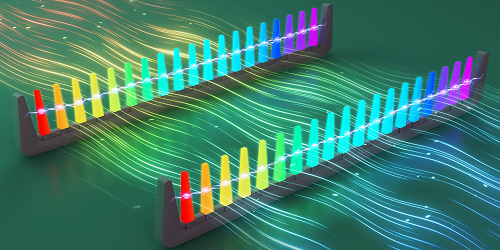
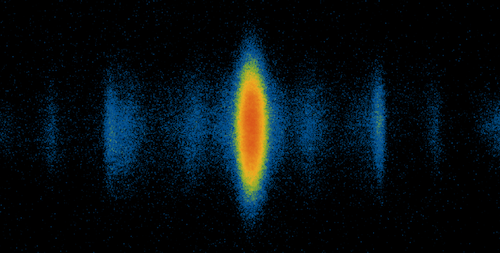
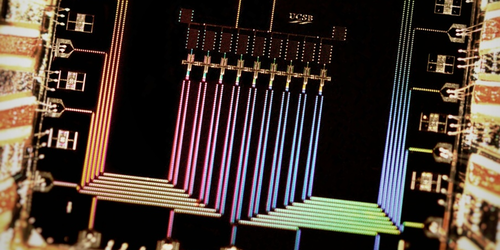 More Articles
More Articles
